Too many people seem voiceless or, at least, don’t think their voices are heard by those whose decisions shape their lives. Is the problem that too many are voiceless or that too many are not listening? Maybe unanswerable, but we asked some people to try. Please listen to the conversation among Baiqu Gonkar, Francis (Pacho) Hildebrand and Mike Niconchuk, moderated by Diane Osgood.
ABOUT OUR GUESTS
 For nearly a decade, Baiqu Gonkar has worked at the intersection of creativity, tech, and social good.
For nearly a decade, Baiqu Gonkar has worked at the intersection of creativity, tech, and social good.
In 2015, she founded Art Represent, a non-profit dedicated to the social and economic empowerment of artists affected by conflict. Working with partners around the globe, Art Represent has launched impact projects in 5 countries and garnered visibility for communities in conflict.
Since starting her first venture at 23, Baiqu has also been leveraging her experience in tech entrepreneurship as a startup and investment consultant. At the moment she is working on a tech-enabled solution to connect skilled migrant women in Europe to meaningful work.
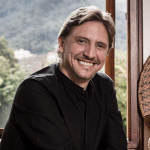 Francisco (Pacho) Hildebrand has, since he was a kid, spent time living in the Colombian Amazon Rainforests where his commitment to work hand in hand with indigenous communities to protect the Amazon begun, making him the third generation in his family dedicated to protecting cultural and biological diversity.
Francisco (Pacho) Hildebrand has, since he was a kid, spent time living in the Colombian Amazon Rainforests where his commitment to work hand in hand with indigenous communities to protect the Amazon begun, making him the third generation in his family dedicated to protecting cultural and biological diversity.
Since 2011 Francisco has directed Gaia Amazonas, a Colombian NGO founded by his father Martin von Hildebrand (Tallberg Global Leadership Prize Awardee) whose mission is to protect the Amazon. He also leads the largest initiative for the recognition of indigenous governments (equivalent and “indigenous Municipalities”) and in the definition and implementation of traditionally- based conservation strategies over an area the size of Greece in the Amazon.
Additionally, Francisco is a board member of the RAISG and North-Amazon Alliance Initiative, collaborative networks that engage the pioneering NGOs of the Amazon Basin for the protection of a 2 million sq. kilometers (an area 4 x France).
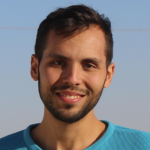 Michael Niconchuk is an applied neuroscience researcher and practitioner focusing on trauma recovery in conflict-affected populations, and the relationship between trauma and intergroup violence. Mike is the Program Director for Trauma & Violent Conflict at Beyond Conflict as well as the Senior Technical Expert for Mental Health and Psychosocial Support at Questscope. Michael is the author of several innovative scientific publications on issues of neuroscience, violent extremism and intergroup conflict, and is the author of the Field Guide for Barefoot Psychology, a psychoeducational and trauma recovery program for communities affected by trauma and forced displacement. Michael is a former Fulbright Scholar and holds degrees from Tufts University and University College London.
Michael Niconchuk is an applied neuroscience researcher and practitioner focusing on trauma recovery in conflict-affected populations, and the relationship between trauma and intergroup violence. Mike is the Program Director for Trauma & Violent Conflict at Beyond Conflict as well as the Senior Technical Expert for Mental Health and Psychosocial Support at Questscope. Michael is the author of several innovative scientific publications on issues of neuroscience, violent extremism and intergroup conflict, and is the author of the Field Guide for Barefoot Psychology, a psychoeducational and trauma recovery program for communities affected by trauma and forced displacement. Michael is a former Fulbright Scholar and holds degrees from Tufts University and University College London.
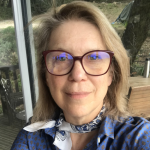 Diane Osgood is a pioneer in sustainability and innovation. Social impact expert and strategist. Over 30 years of helping civil society and companies innovate and grow with purpose. Fascinated by the power of consumers to influence brands and shape the economy.
Diane Osgood is a pioneer in sustainability and innovation. Social impact expert and strategist. Over 30 years of helping civil society and companies innovate and grow with purpose. Fascinated by the power of consumers to influence brands and shape the economy.
One of the ironies of the 21st century is that even though everyone on the planet seems to have a cell phone and to be actively connected to social media, too many people seem voiceless or, at least, don’t think their voices are heard by those whose decisions shape their lives. The result is a huge gap between citizens and their putative leaders almost everywhere that breeds corrosive anger, frustration and distrust.
What’s going on? Who is voiceless, and why? Is the problem that too many are voiceless or that too many are not listening? Is the solution to speak louder, to scream perhaps, or do we need to think differently about how we engage people in the important conversations that define their reality?
Maybe unanswerable, but we asked some people to try. Please listen to the conversation among Baiqu Gonkar, a Tibetan activist working at the intersection of technology, art and social good; Francis (Pacho) Hildebrand, a Colombian environmentalist working to sustain the Amazon; and Mike Niconchuk, an applied neuroscientist working with conflict-affected populations particularly in the Middle East. Diane Osgood, social impact strategist, moderated the discussion, which was hosted by Vamvakou Revival and the Stavros Niarchos Foundation (SNF).
Listen to the episode here or find the New Thininkg for a New World podcast platform of your choice (Apple podcast, Spotify, Stitcher, Google podcast, Youtube, etc).
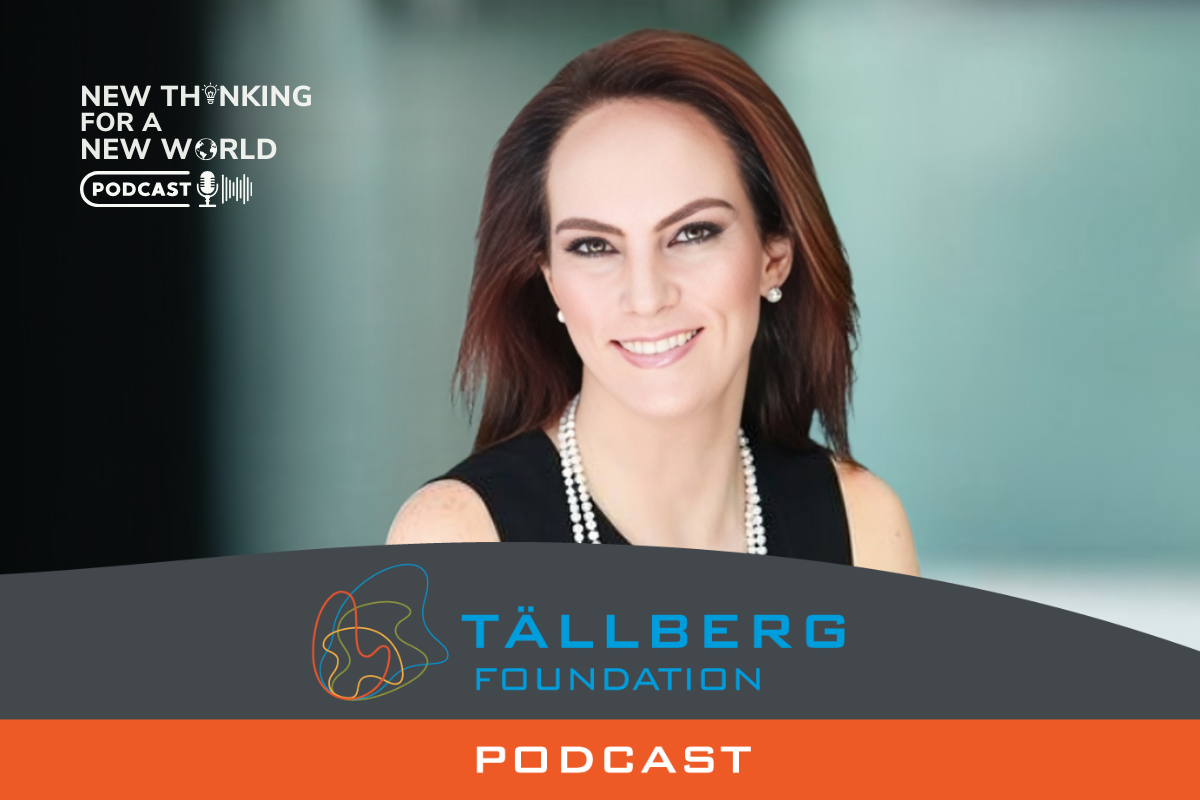
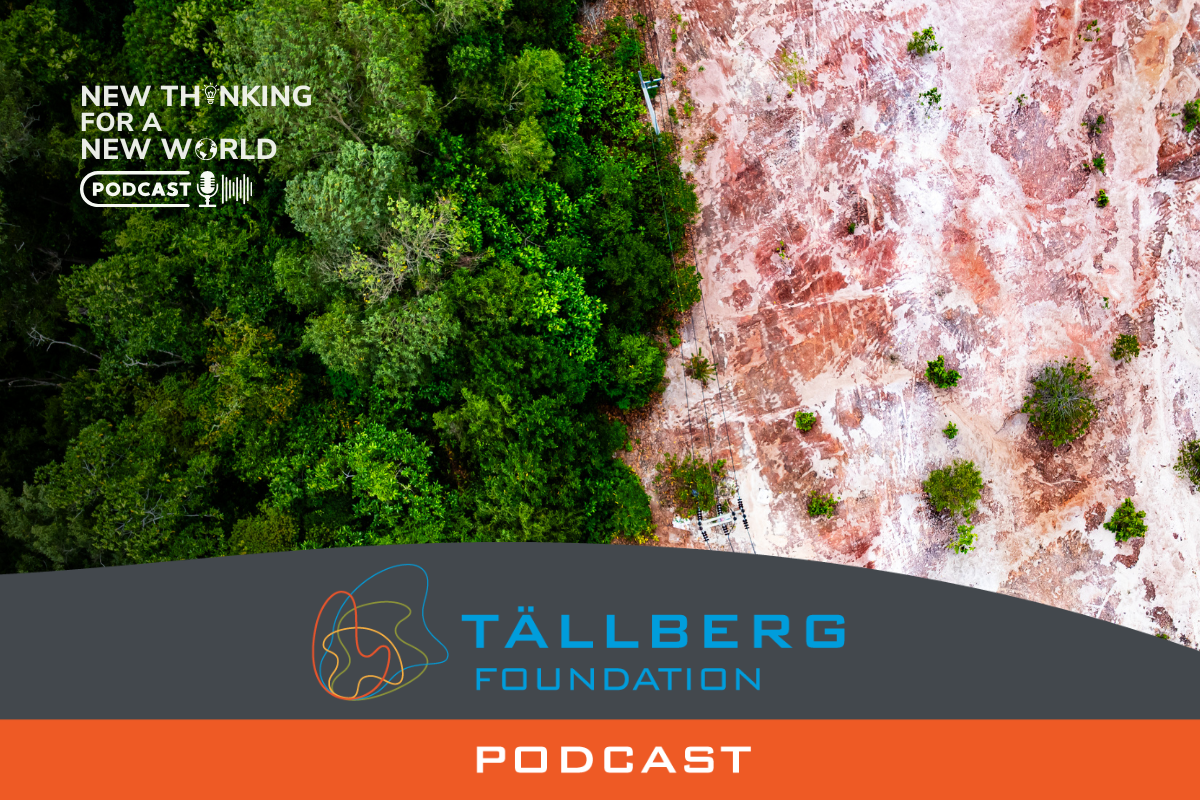
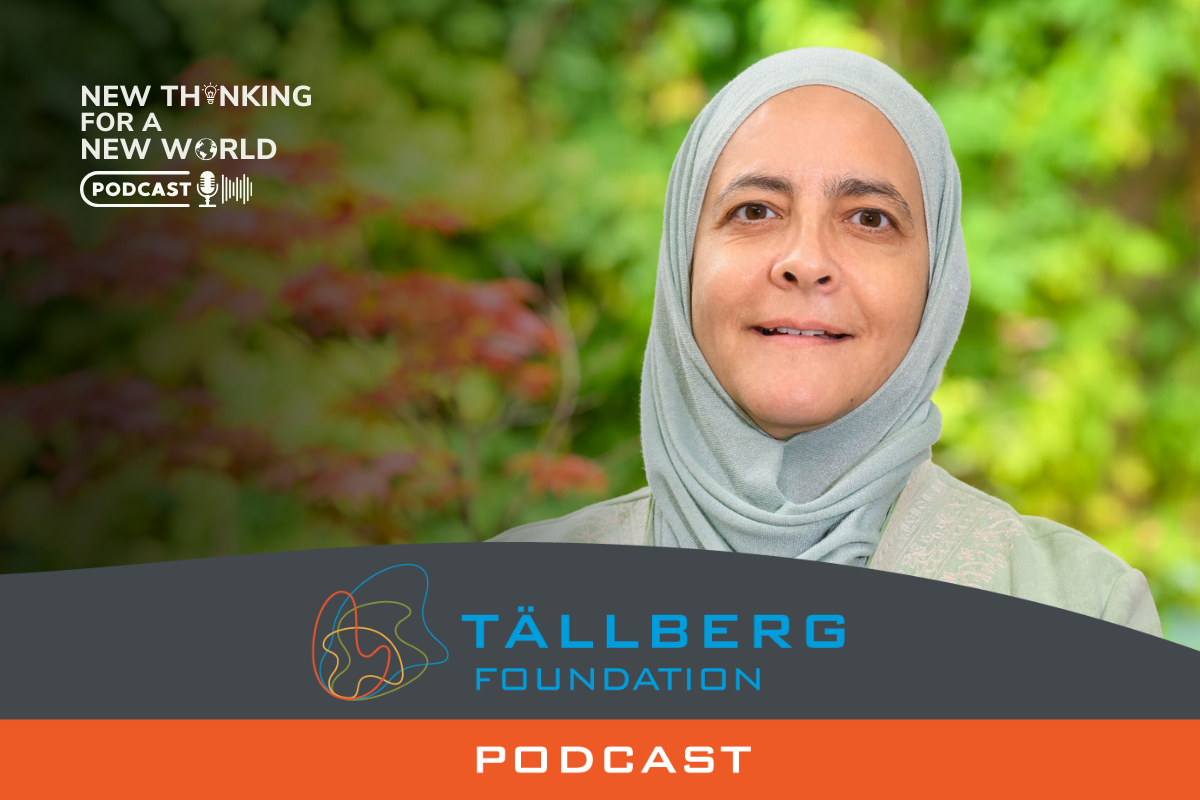
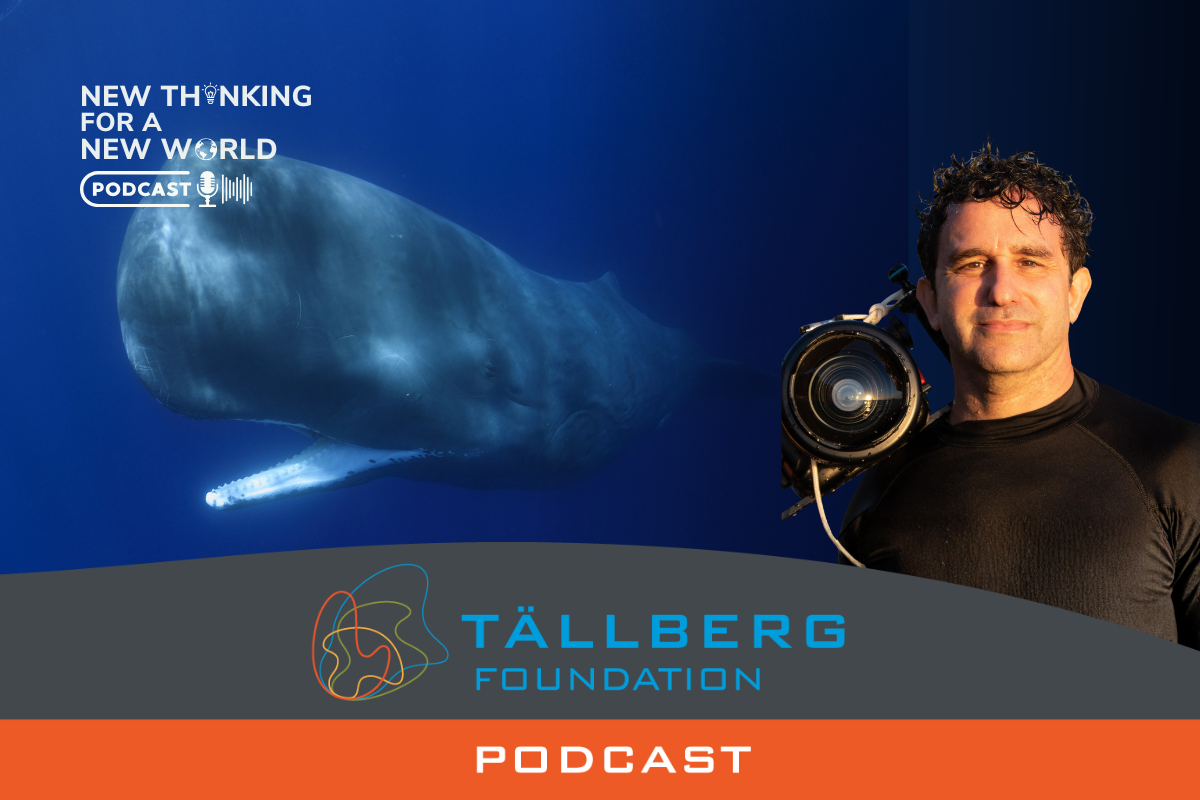
those who we trust that should speak on our behave are no longer concern and what they are after is to make a name for themselves. This has increased the gap between the leaders and the real people. I am from Africa where only only people with authorities have the power and only what they want is done
This is a good inspirational wake up call charging one or everyone especially those in leadership positions to listen,act and do what the people want in order to live a fulfilling, purposeful and decent life that is devoid of cruelty, or harsh Life that Thomas Hobbes described as nasty,brutish and short
Leadership is therefore central to all human beings and leadership require a one to listen to the yearning s of the followers
In deed it’s impacting to embrace humanity. I never thought the little gestures for my people would one day get noticed. It’s admirable to see people writing positive vibes about you! This serves to reminds us that we shouldn’t tire doing good to those in need.
By lighting their way, they become your shoulder where rest when overwhelmed.
Leadership is great and nice, if the country is operating good system of law. Many Leaders here in Africa are not real leader and the don’t protect their citizens, only our Political leaders here in Nigeria takes all decision and the don’t care about the masses. Youth are the leaders of tomorrow, but is not existing here in Nigeria. It’s only God Almighty will help us here in Nigeria
It’s admirable to see a leader doing good and impacting his world positively, but a leader who we are looking on to and he is voiceless or not laying a good example, is a reproach.
Leaders are to lead by example and to grow with a purpose, knowing that they have followers . It is a good things to have our speakers who have spoken on global leadership and universal value.
Too many people seem voiceless or, at least, don’t think their voices are heard by those whose decisions shape their lives. Is the problem that too many are voiceless or that too many are not listening? Maybe unanswerable.
Wrong leaders for the right position d has limited the space for people to remain voiceless because leaders do listen but those who are meant for position’s sake try to abuse people with their cruel sense of greed for them to remain silent.
Sometimes it seems to be difficult when issues are raised and those with authority look on without taking steps to address the raised concerns, however, in 21st century, things have taken another shape with advancement in technology.
We have always hold social media campaigns and somethings have been done and implemented well.
Social media threads have always worked. Sometimes, community meetings called Barazas work because the local politicians when they faceoff with the electorates get issues raised from them.
Street demonstrations and strikes where people express their dissatisfaction, these are some of the practices that are commonly used in Uganda
The voiceless have a destiny too, they need role model, most communities lack access to internet, neither cellphone or radio so they can’t amplify their voice on a missed or valuable information.
We need to act everyone is an Actor.